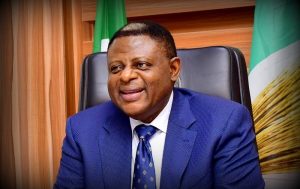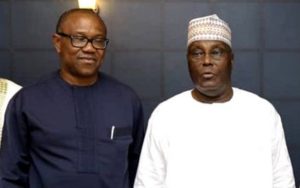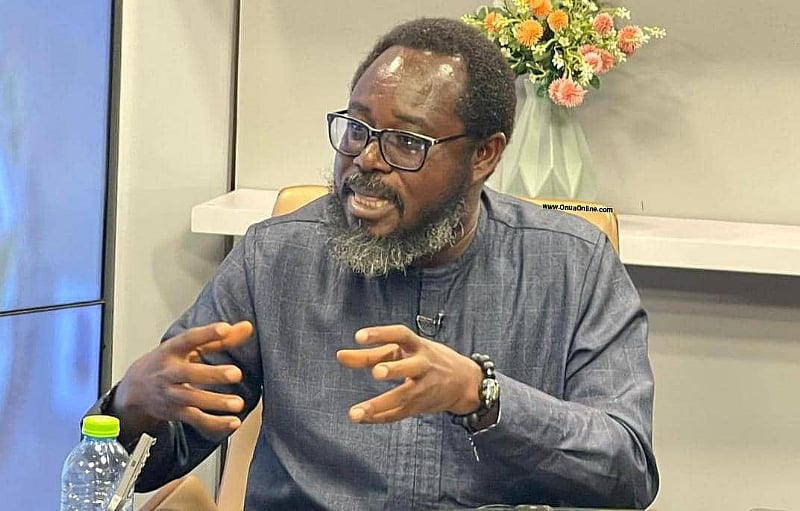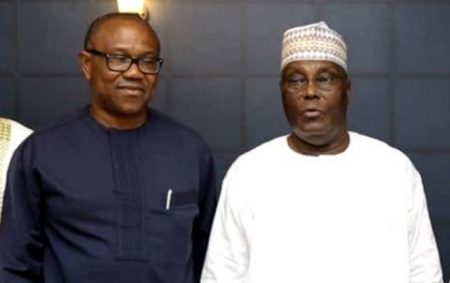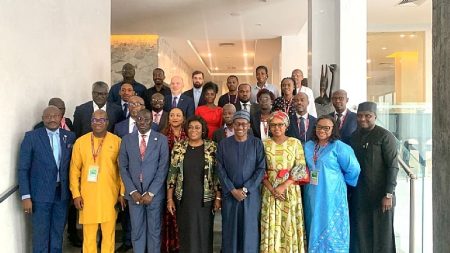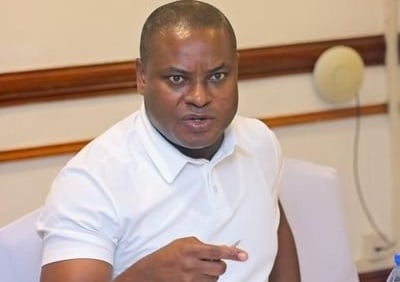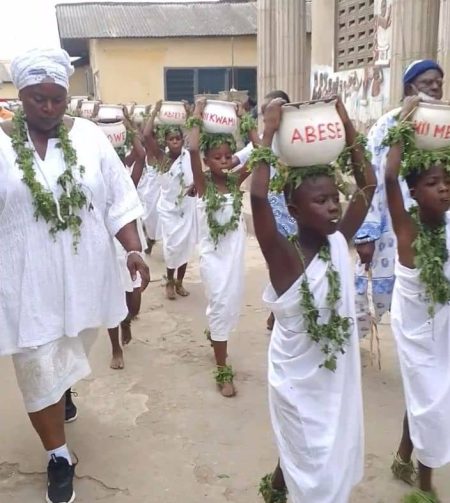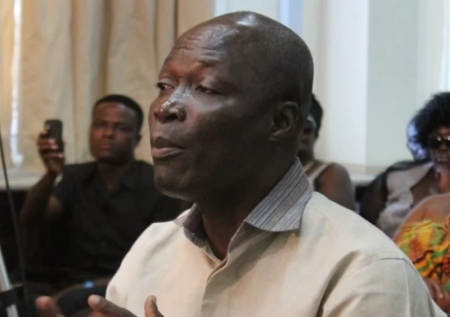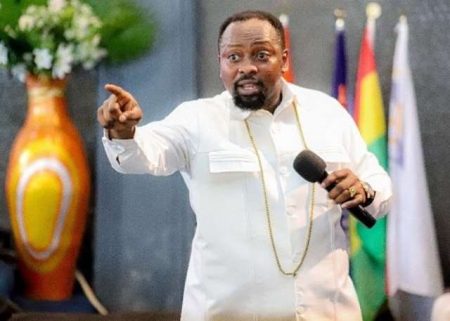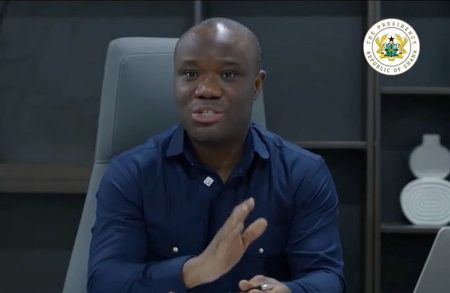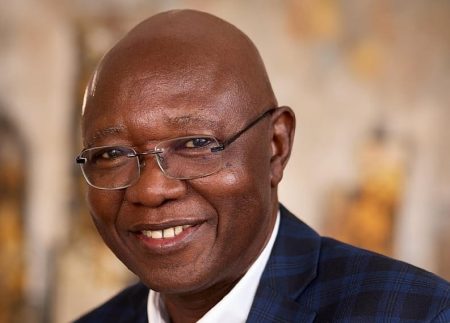Professor Kobby Mensah, the Acting Chief Executive Officer of the Ghana Tourism Development Company, has delivered a scathing critique of the New Patriotic Party (NPP), arguing that the party has experienced a significant decline since the end of President John Agyekum Kufuor’s tenure in 2008. He contrasts the current state of the party with its condition under Kufuor, characterizing the latter period as a golden age of inclusivity, attracting a diverse array of competent and respected figures. This era, according to Prof. Mensah, was epitomized by the slogan “we have the men,” reflecting the depth of talent within the NPP’s ranks. He cites prominent figures like J.H. Mensah, Nana Akufo-Addo (prior to his presidency), and President Kufuor himself as exemplars of this era, highlighting their individual leadership qualities and the remarkable achievement of Kufuor in uniting such powerful personalities under a common banner.
Prof. Mensah’s core argument centers on the perceived shift in the NPP’s character from a collective, talent-rich entity to a party increasingly dominated by individual personalities. He asserts that the Akufo-Addo administration, in particular, narrowed the party’s focus to a select few, primarily President Akufo-Addo himself, Vice President Bawumia, and the flagship Free Senior High School (Free SHS) policy. This concentration of power and influence, he argues, has come at the expense of the broader party membership and its diverse pool of talent, leading to a decline in the party’s overall strength and competitiveness. The diminished emphasis on collective leadership and diverse perspectives has, in his view, weakened the party’s ability to generate innovative ideas and effectively address national challenges.
The timing of Prof. Mensah’s criticism coincides with the NPP’s recent decision to schedule its 2028 flagbearer election for January 31, 2026, a move that has generated considerable controversy. This early scheduling, some argue, further reinforces the perception of a predetermined succession plan, potentially stifling internal competition and limiting the opportunity for fresh perspectives and new leadership to emerge within the party. Prof. Mensah’s critique implicitly connects this decision to the broader trend of personality-driven politics within the NPP, suggesting that the early scheduling of the flagbearer election may exacerbate the existing issues of limited internal democracy and a shrinking pool of potential leaders.
Prof. Mensah’s assessment paints a picture of a party that has lost its way, straying from the principles of inclusivity and collective leadership that characterized its earlier successes. He laments the apparent decline in the quality of leadership, reasoning, and proposed solutions, suggesting that the party’s current trajectory is unsustainable. His concern is not limited to the internal dynamics of the NPP but extends to the implications for Ghana’s political landscape. A weakened NPP, he implies, could lead to less robust political discourse and a less effective government, ultimately impacting the country’s development and progress.
The contrast between the Kufuor era and the current state of the NPP, as described by Prof. Mensah, serves as a stark reminder of the potential consequences of prioritizing individual personalities over collective leadership and inclusive participation. The “we have the men” slogan, once a symbol of the party’s strength and depth of talent, now serves as a poignant reminder of a perceived lost era of broader representation and robust internal democracy. Prof. Mensah’s critique raises important questions about the future direction of the NPP and the potential long-term impact of its current trajectory on Ghana’s political landscape.
His call for a return to the principles of inclusivity, collective leadership, and a renewed focus on nurturing diverse talent within the party is not merely a nostalgic yearning for the past but a plea for a more robust and competitive political environment. He suggests that the NPP’s long-term viability hinges on its ability to rediscover the formula that once made it a formidable political force, a formula based on a broad base of support, diverse perspectives, and a commitment to nurturing and promoting talent from within its ranks. The challenge for the NPP, as outlined by Prof. Mensah, is to move beyond the dominance of individual personalities and embrace a more inclusive and collaborative approach to leadership, ensuring a vibrant and competitive future for the party and, by extension, for Ghana’s democracy.


